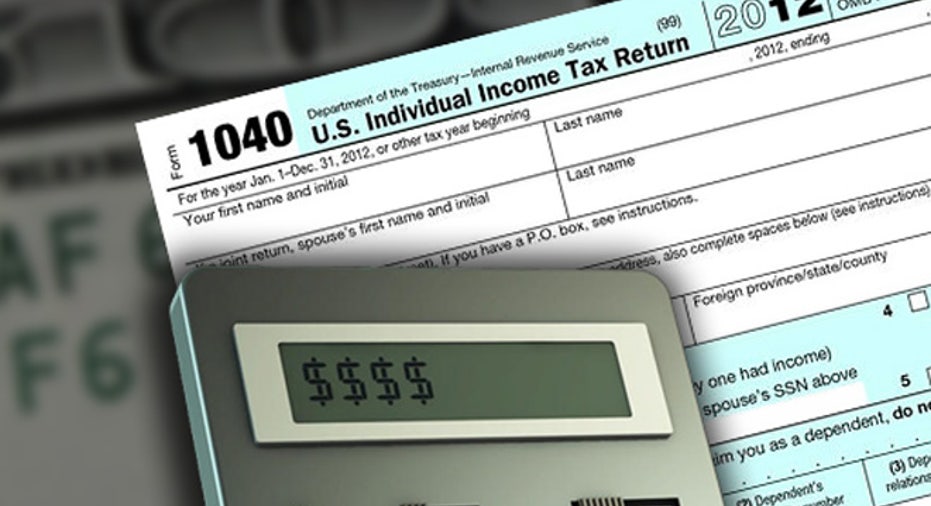Can I Get a Last-Minute Tax Extension?

If you’re not ready to file your taxes by April 15, don’t worry: You can ask to extend your filing deadline by up to six months. But that’s just a filing extension — you still have to pay by April 15 to avoid a late-payment penalty and interest charges on the unpaid tax debt.
What to Do If Your Paperwork Is a Mess
Failing to file by April 15 results in a late-filing penalty, which is why it’s important to file on time or request an extension. Getting the extension is fairly straightforward, according to P.J. Wallin, a certified public accountant and certified financial planner at Atlas Financial in Richmond, Va. Taxpayers can submit form 4868 to extend their filing deadline for up to six months (or up to four months if you’re out of the country), but that doesn’t give you more time to pay.
“What’s best is to round up a bit, file the extension and then you’ll get any refund back once you do file,” Wallin wrote in an email to Credit.com.
What to Do If You Can’t Afford to Pay
Perhaps you haven’t filed yet because you know you don’t have the cash to cover your taxes — you should still file on time or request an extension. Otherwise, in addition to paying interest and late-payment fees on the unpaid taxes, you’ll also have to pay a late-filing fee.
When it comes to paying the IRS, one of your options is to ask for an installment agreement, so you can pay what you owe in smaller amounts over time. When you enter into the payment plan, the fees and interest will be assessed to the end of your agreement, so if you plan to pay off the debt before the end of your agreement, contact the IRS to adjust your installment amount.
It’s a good idea to pay as much as you can by the April 15 payment deadline, because you’ll save money in interest and potential late-payment penalties. Consider all your options: Using a personal loan or credit card to pay your taxes may be cheaper than what you’d owe the IRS by the time you factor in all the penalties. Here’s a breakdown of the penalties and fees you may owe the IRS for filing or paying late.
The worst thing you can do when dealing with unaffordable taxes is ignore them. The IRS may send a debt collector to retrieve the funds you owe, or you could end up with a tax lien on your credit report, which will severely damage your credit standing and your finances for years to come. If you’re concerned about how tax liens are affecting your credit, you can see your credit scores for free on Credit.com.
More from Credit.com
How Do Unpaid Taxes Affect Your Credit?Can You Pay Your Taxes With a Credit Card?Will You Get Audited?
This article originally appeared on Credit.com.
Christine DiGangi covers personal finance for Credit.com. Previously, she managed communications for the Society of Professional Journalists, served as a copy editor of The New York Times News Service and worked as a reporter for the Oregonian and the News & Record. More by Christine DiGangi



















